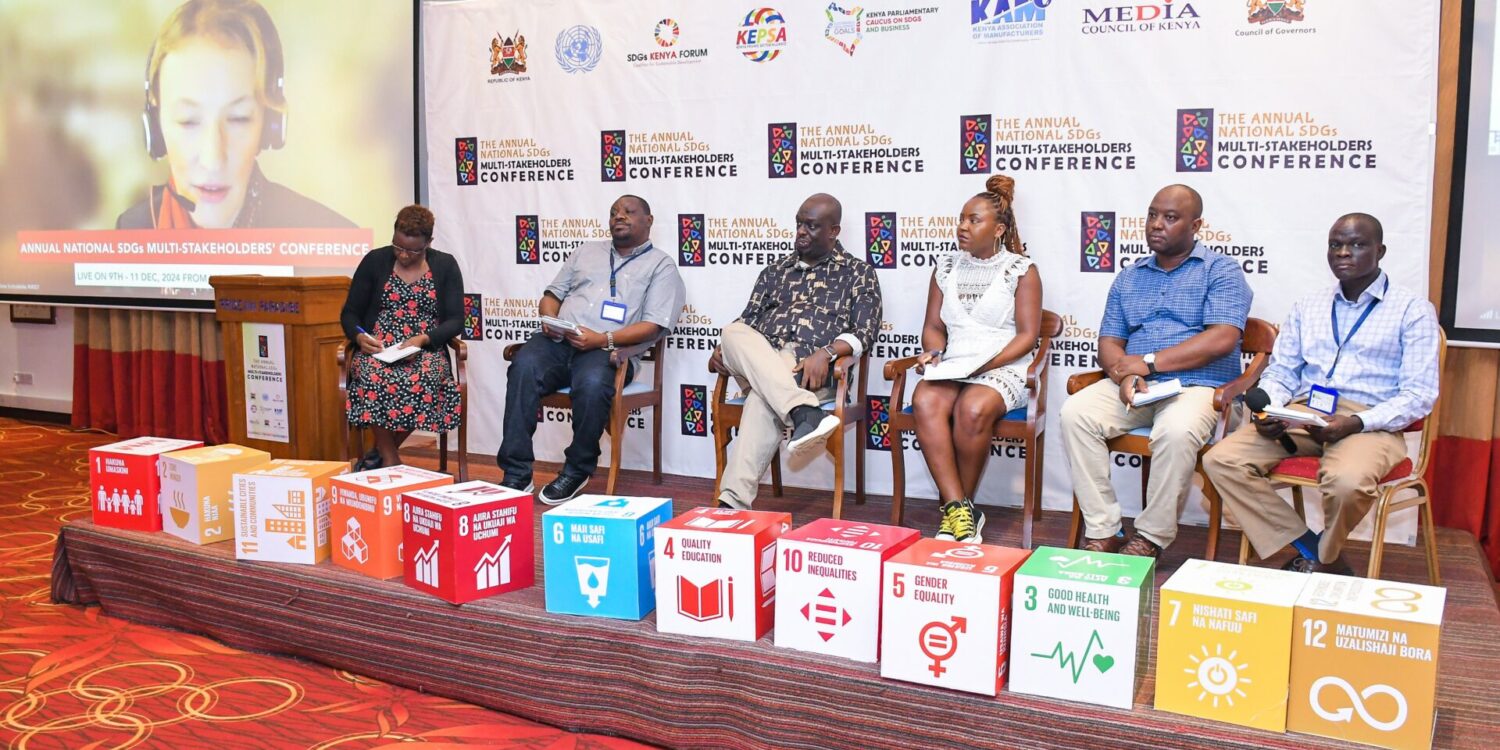The Annual Multistakeholder Conference on SDGs Implementation provided a pivotal moment for reflection as the 2030 deadline looms. Centred on the theme “Solutions to Leapfrog SDG Implementation in the Last Stretch to 2030,” the event brought together a diverse group of stakeholders—government representatives, civil society, grassroots organisations, and private sector leaders—to address a critical question: How do we turn ambition into tangible progress?
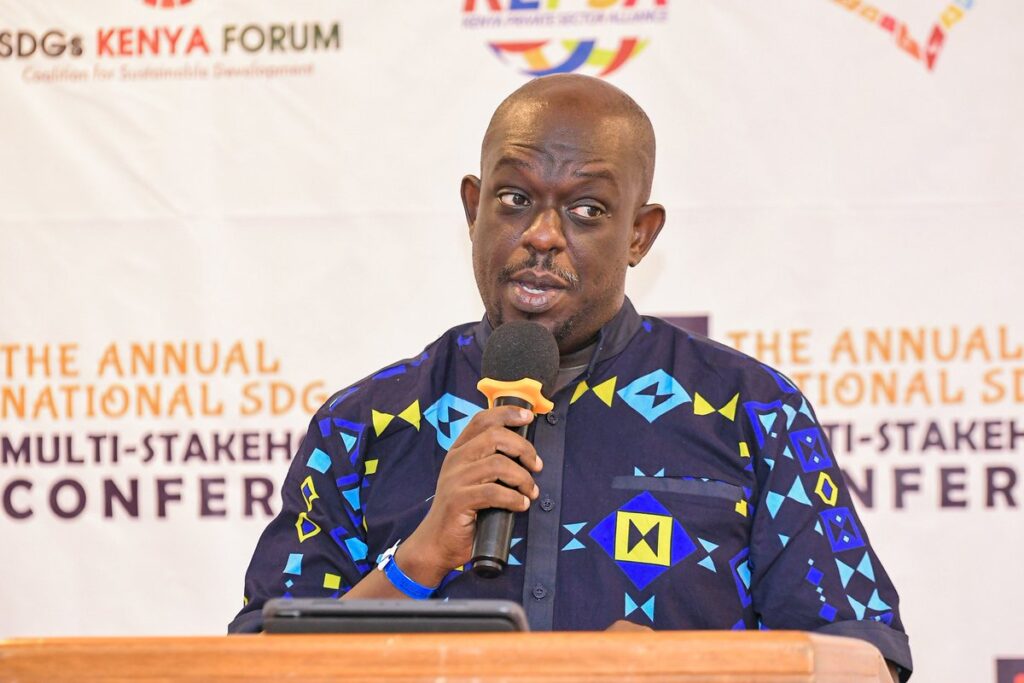
The Urgency of the SDG Deadline
The deadline for the Sustainable Development Goals (SDGs) in 2030 is fast approaching, and the urgency to accelerate progress cannot be overstated. With only five years remaining, the world faces a critical juncture where bold and decisive action is necessary to meet the ambitious targets set out in the global agenda.
Key challenges such as rising inequality, climate change, and entrenched poverty persist, and the compounded effects of the COVID-19 pandemic have set back gains in health, education, and economic growth. Without immediate, coordinated efforts at local, national, and international levels, the vision of a sustainable, equitable, and prosperous world risks becoming unattainable. This looming deadline should be a wake-up call for governments, private sector actors, civil society organisations, and citizens to prioritise and scale up efforts to implement and localise the SDGs.
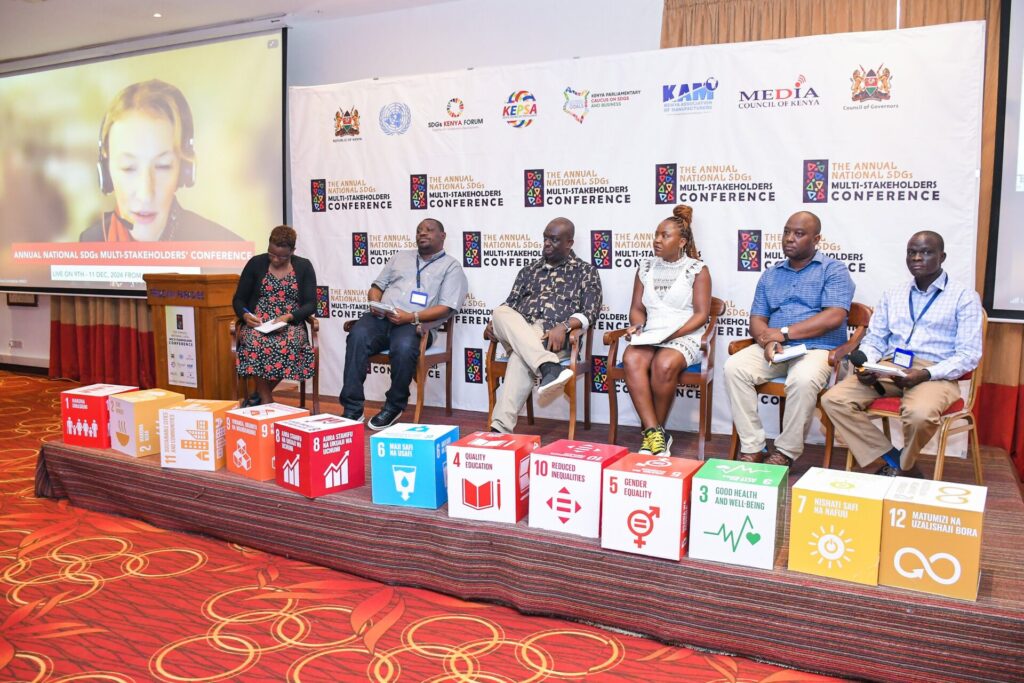
Image Credits: SGDs Forum Kenya
The failure to achieve the SDGs by 2030 carries significant dangers for humanity and the planet. Inaction or insufficient progress would exacerbate global inequality, leaving billions without access to basic needs such as clean water, food, healthcare, and education. Climate inaction, in particular, would lead to irreversible environmental damage, affecting biodiversity and worsening natural disasters that disproportionately impact vulnerable communities.
Furthermore, missing this opportunity to address systemic issues undermines global stability, with risks such as increased migration, conflict, and economic instability looming. The SDGs represent not just aspirations but critical necessities for the long-term survival and well-being of people and the planet. The cost of failure is not merely the loss of a framework but the perpetuation of injustice and unsustainable practices that jeopardise future generations. Time is of the essence, and action cannot wait.
Data as the Backbone of Progress
A recurring theme during the conference was the critical role of data in driving SDG progress. It became evident that the data currently available is often insufficient or fails to fully capture the realities on the ground, particularly at the grassroots level. Without reliable, inclusive, and actionable data, decision-making remains incomplete, and solutions risk being ineffective.
During a panel on food loss and climate change, Al Kags emphasised: “Data helps us to know whether what we are spending money on is effective or whether we are spending it on the right things.” However, this requires data to reflect ground realities.
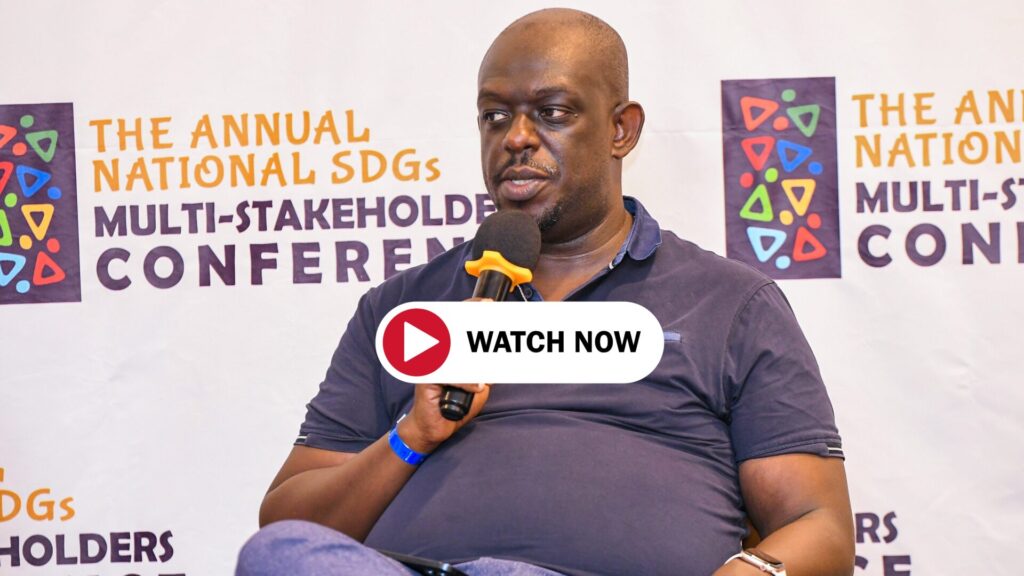
The story of Angel, a changemaker leading The Green Halo Initiative, illustrated this vividly. Immersing herself in the rural community of Grashi, Angel uncovered a dependence on charcoal burning—not as a choice but as an economic necessity for survival. By living in the community, she realised that simply banning tree-cutting would be ineffective. Instead, her data pointed to sustainable alternatives, such as income-generating opportunities and circular economy models where trees are cut and replanted.
Angel’s grassroots-driven approach demonstrated how community-specific data can inform policies that are not only practical but also inclusive and sustainable. This raised an essential question: What data are we not collecting? Whether it’s understanding how rural communities interact with climate issues or uncovering challenges faced by farmers, missing data is often the key to unlocking meaningful change.
Building stronger systems for collecting, analysing, and sharing data across sectors is critical. Beyond quantity, it’s about quality and inclusivity—capturing the lived realities of those at the grassroots to inform better decisions.
Rethinking Development: Money Must Flow All The Way To The Grassroots
True development happens when resources reach those who need them most. For too long, funds have been concentrated at higher levels—whether within national governments, international organisations, or development partners—leaving local efforts underfunded and disconnected from community realities. To accelerate SDG implementation, we must rethink resource distribution, ensuring money flows to the grassroots, where real change happens.
A recurring theme at the conference was the vital role of local actors—communities, civil society organisations (CSOs), and county governments—in addressing challenges. Yet, these key players are often sidelined in funding and decision-making. Development actors frequently design projects at higher levels without adequately consulting those on the ground. This top-down approach results in well-meaning but unsustainable projects that fail to meet the unique needs of communities.
Participants reflected on a stark reality: communities are not passive recipients of aid. They are actively addressing challenges through grassroots health programs, local environmental initiatives, and informal education systems. However, these efforts often go unsupported or are disrupted by external actors who start projects from scratch rather than building on what already exists. As one participant emphasised: “No two villages are the same.” Development solutions must reflect this diversity.
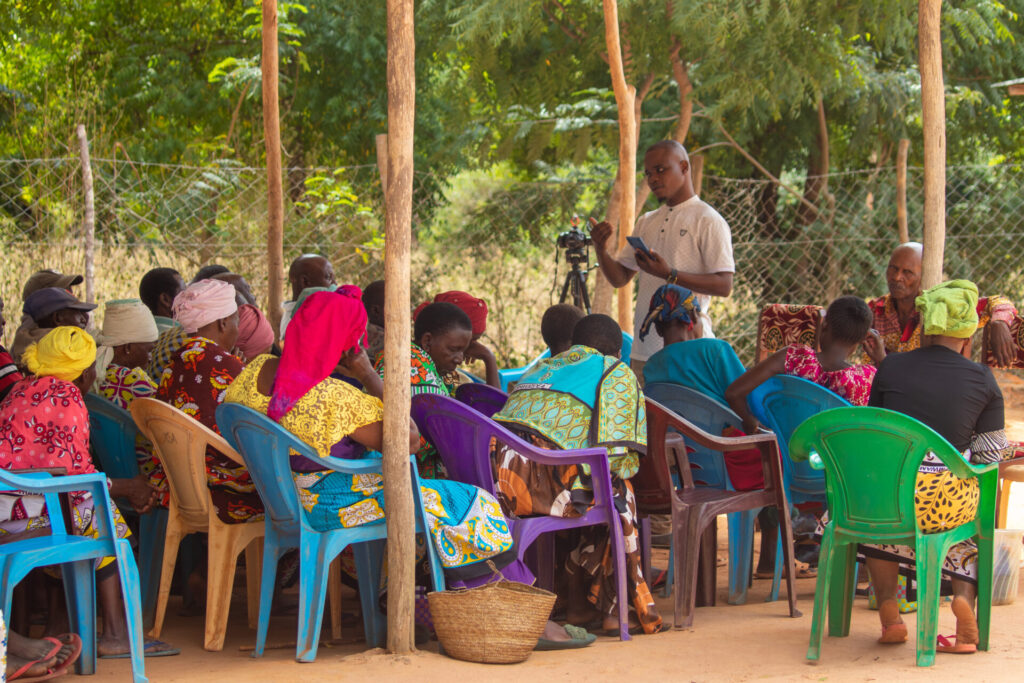
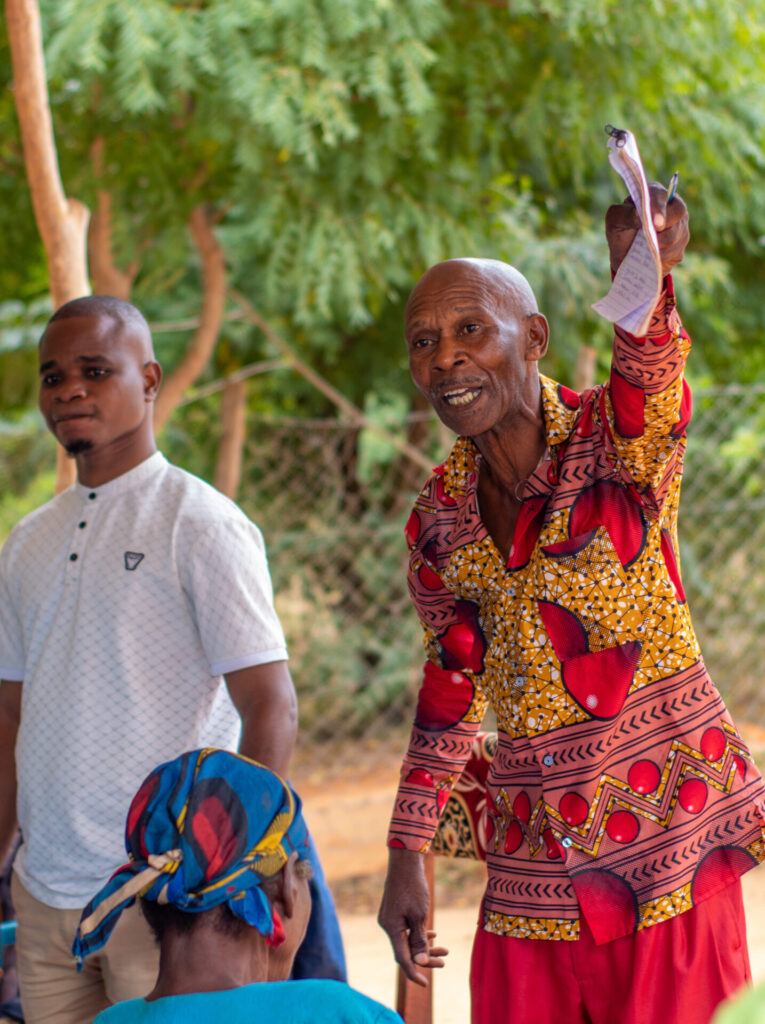
Even within devolved systems like Kenya’s, national governments often retain significant control over budgets for locally managed functions. For example, healthcare, a devolved function, still sees the national government holding a disproportionate share of the budget, leaving counties struggling to meet their mandates. This imbalance undermines devolution and hinders local implementation of the SDGs.
Development actors must co-create solutions with communities, building on their existing efforts rather than imposing external projects. Trusting and empowering local actors can create solutions that are sustainable and reflective of community realities.
Collaboration Over Silos
True progress happens when decisions are informed by accurate, inclusive, and actionable data. Across Kenya, civil society organisations (CSOs) collect vast amounts of information directly from communities, capturing details often overlooked by traditional national systems. However, much of this data remains siloed—held privately or underutilised because it doesn’t meet national standards or due to hesitancy around sharing.
To bridge this gap and accelerate SDG implementation, we must rethink data-sharing frameworks to ensure that citizen-generated data is accessible to both the public and policymakers. Collaboration over silos is essential for building an inclusive and accurate data ecosystem.
Participants at the conference underscored the immense potential of citizen-generated data to inform decision-making and enhance accountability. However, its impact is diminished when it remains disconnected from broader systems. As one participant noted: “Data is only as powerful as the systems that allow it to be shared and used.”
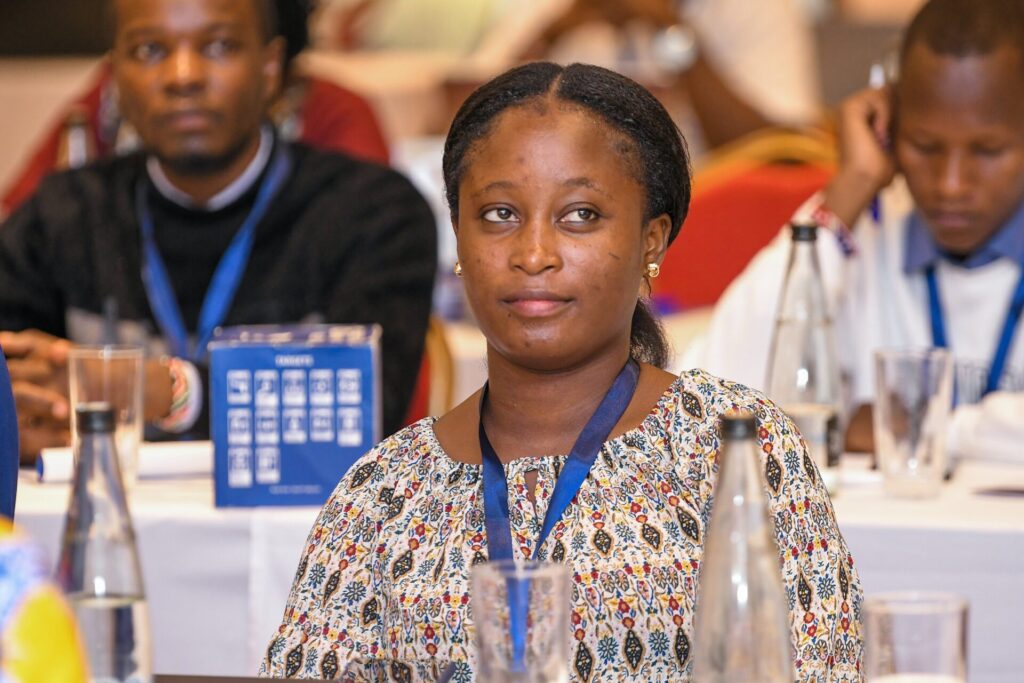
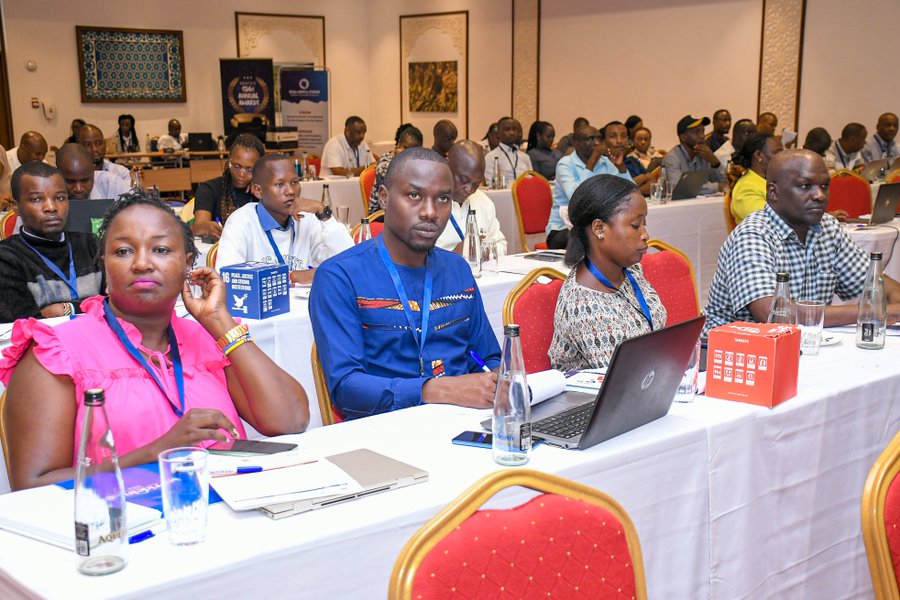
Government statistics bodies and international organisations play a crucial role in setting data standards but often fail to engage CSOs as equal partners. This disconnect leaves valuable grassroots data underutilised, limiting its ability to shape policies or track SDG progress effectively.
Breaking these silos requires collaboration and trust-building among stakeholders. Verified citizen-generated data can complement official statistics, providing a fuller picture of development challenges and opportunities. By fostering partnerships between CSOs, government agencies, and other actors, we can unlock the power of data to drive meaningful change.
Building the Future Together
The path to achieving the SDGs demands urgency, collaboration, and inclusivity. Data must be the backbone of decision-making, and resources must flow to the grassroots, empowering communities to lead the charge.
As emphasised during the conference: “The vision of 2030 is not a dream we’re waiting for—it’s a future we’re building together.” The time for reflection has passed. Now is the moment to act boldly, ensuring every decision brings us closer to a sustainable and inclusive future.

